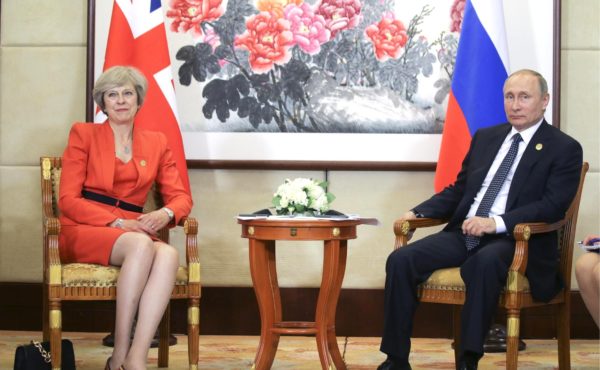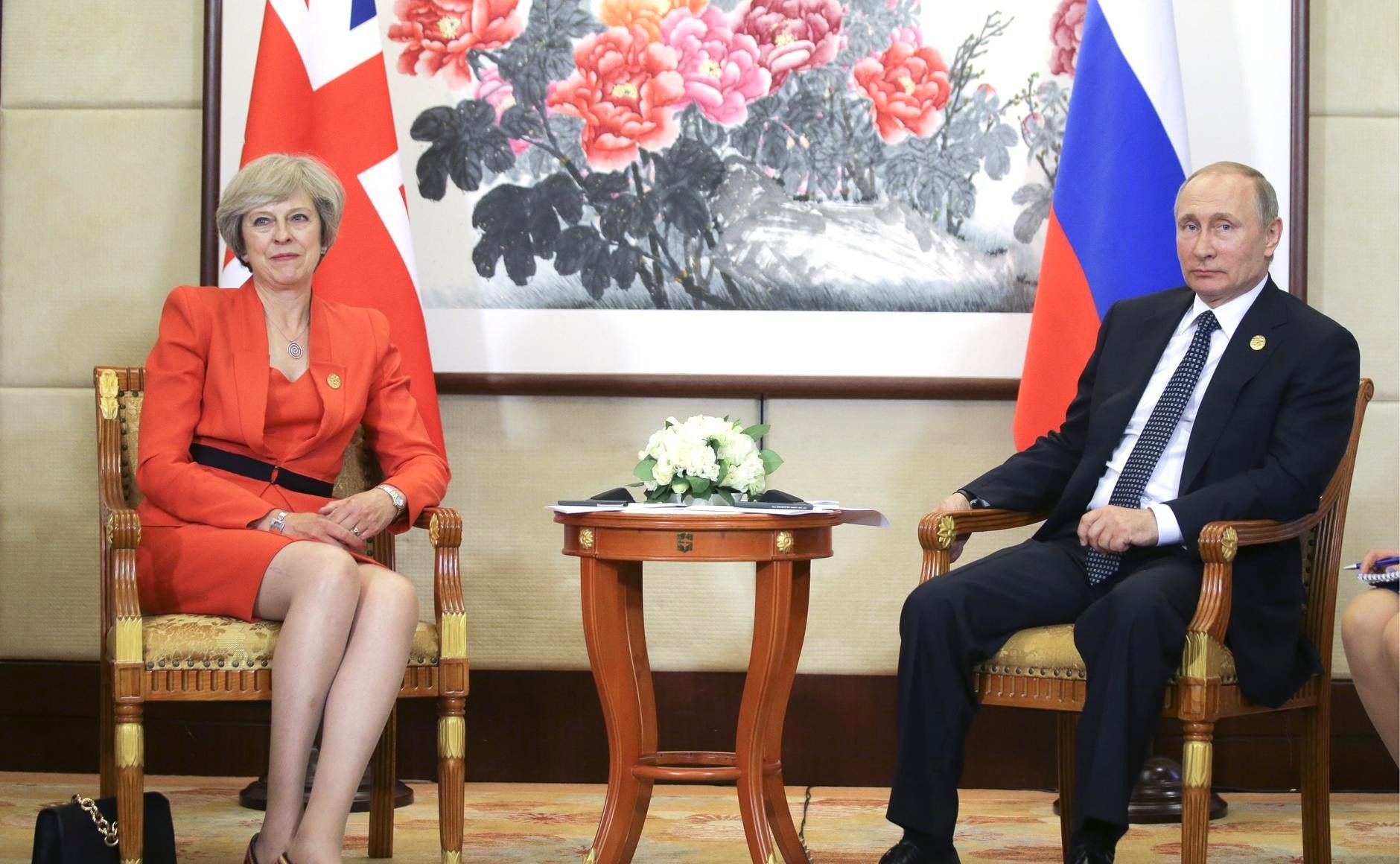British PM Theresa May has announced that the UK will expel 23 Russian diplomats after Moscow refused to explain how a Russian-made nerve agent was used on former spy Sergei Skripal in Salisbury.
She said the diplomats, who have a week to leave, were identified as “undeclared intelligence officers”.
Theresa May also revoked an invitation to Russia’s foreign minister, and said the Royal Family would not attend the FIFA World Cup in Russia later this year.
Moscow denies attempted murder and says it will respond appropriately.
Addressing the UN Security Council, the UK said Russia had used “a weapon so horrific that it is banned in war”.
UK’s deputy UN ambassador, Jonathan Allen, accused Russia of breaking its obligations under the Convention on the Prohibition of Chemical Weapons.
He said he had heard the threats from Russia but that the UK would not be deterred.

What Is VX Nerve Agent that Killed Kim Jong-nam?
In response Russia’s ambassador to the UN, Vasily Nebenzya, denied his country’s involvement in the attack and demanded “material proof” from Britain to support its charge.
The US ambassador Nikki Haley said Washington stood in “absolute solidarity” with the UK, citing the “special relationship” between the two countries.
The mass expulsion is the largest since 31 were ordered out in 1985 after double agent Oleg Gordievsky defected.
Former spy Sergei Skripal, 66, and his daughter, Yulia Skripal, 33, remain critically ill in hospital after being found slumped on a bench on March 4.
Russia refused to meet Theresa May’s midnight deadline to co-operate in the case, prompting her to announce a series of measures intended to send a “clear message” to Russia: expelling 23 diplomats; increasing checks on private flights, customs and freight; freezing Russian state assets where there is evidence they may be used to threaten the life or property of UK nationals or residents; ministers and the Royal Family boycotting the FIFA World Cup in Russia later this year; suspending all planned high-level bilateral contacts between the UK and Russia and planning to consider new laws to increase defenses against “hostile state activity”.
